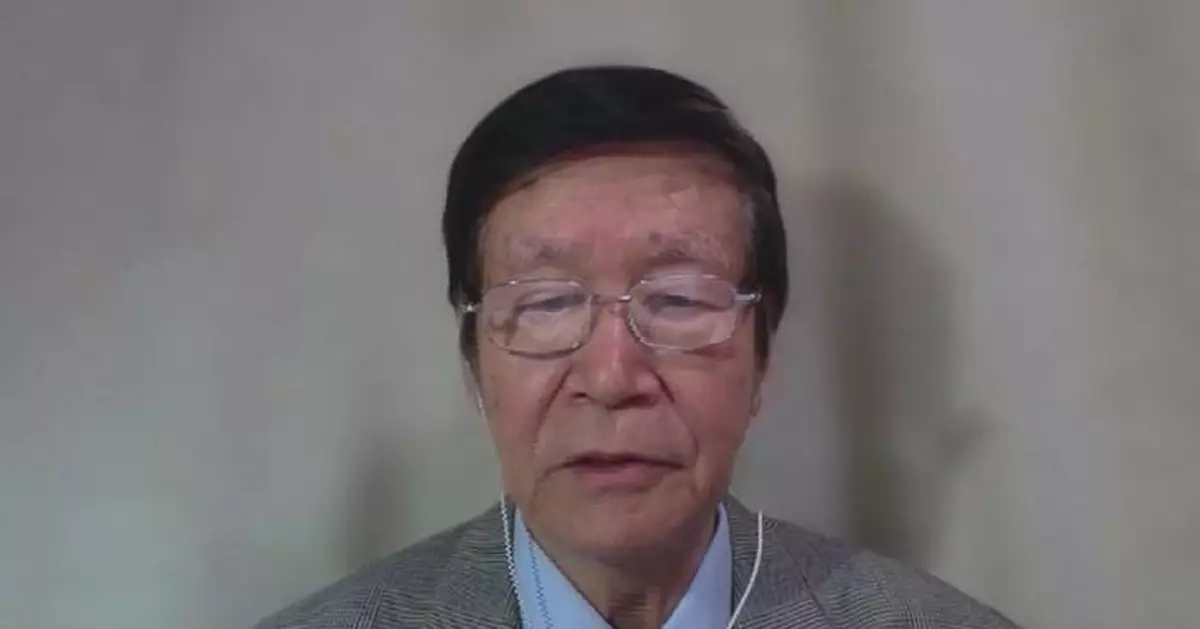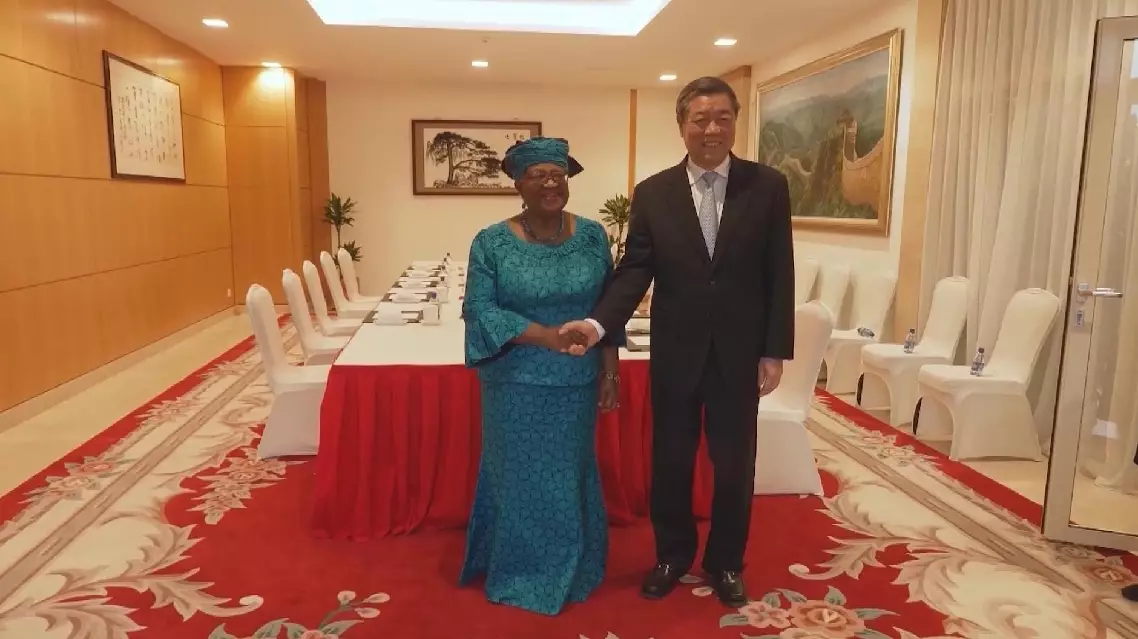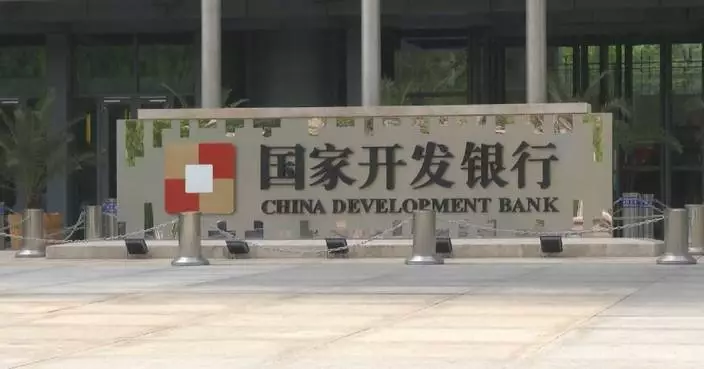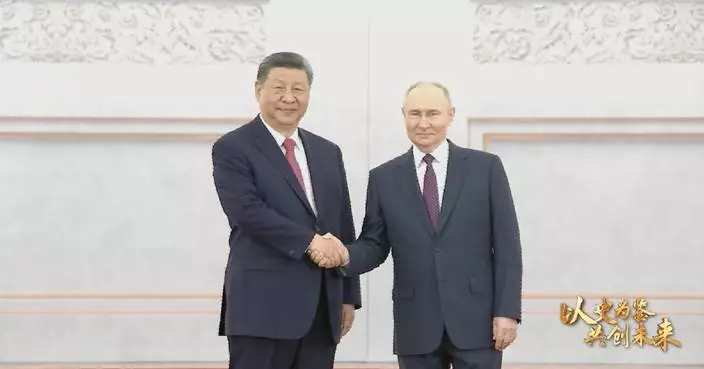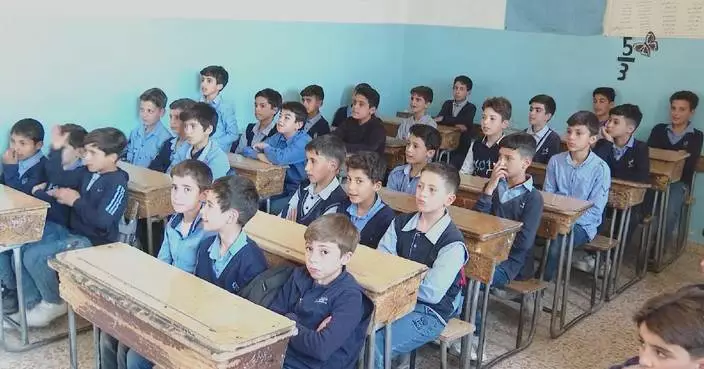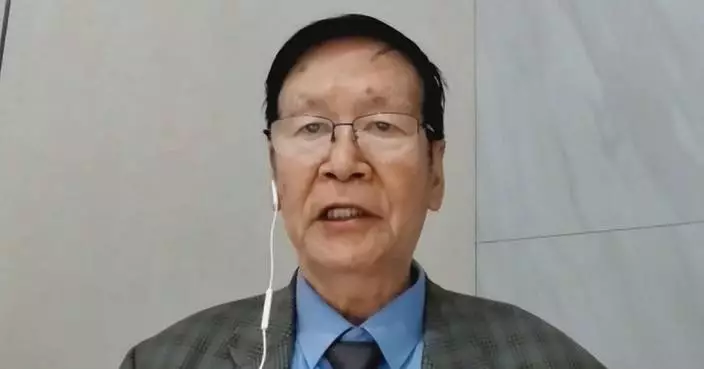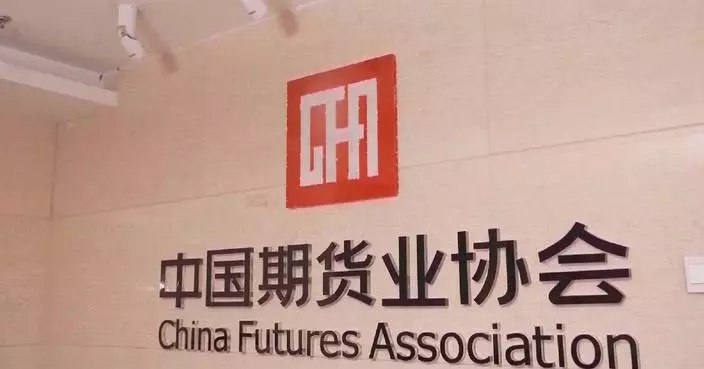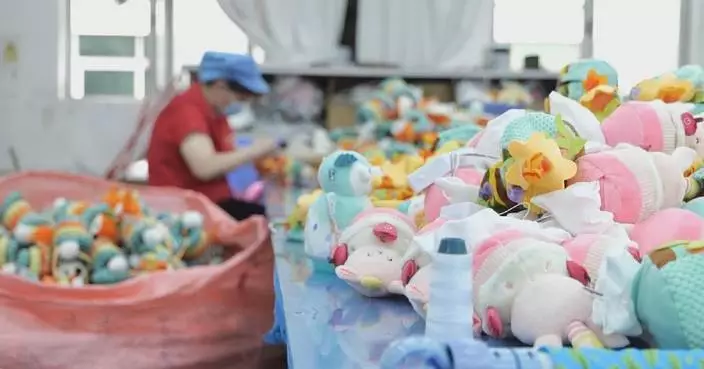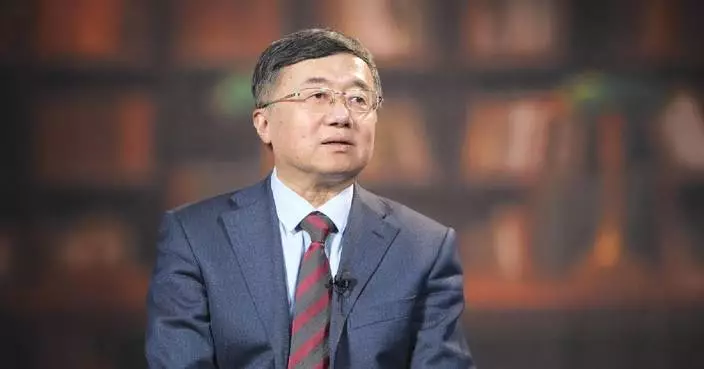A slight year-over-year dip in China's producer price index (PPI) in September comes as no surprise for the season, said a Beijing-based expert on Sunday.
The country's PPI, which measures costs for goods at the factory gate, edged down 2.8 percent year on year in September, the National Bureau of Statistics said Sunday. China's consumer price index (CPI), a main gauge of inflation, was up 0.4 percent year on year in the same month.
Liu Zhiqin, a senior fellow at the Chongyang Institute for Financial Studies, Renmin University of China, shared his insights with China Global Television Network (CGTN) on the latest data in terms of China's economic performance in the past nine months.
"The CPI and PPI figure in September is within our expectation because there's no big surprise, as we know that September is a very special season just after the long holiday and also the summer holiday of the school. So from the CPI, they have some difficulties to get improved because of the seasonal reasons, and we can see from the year-on-year around 0.4 percent, but with the previous month it's comparatively stable, the same. So we can say these are the main factors that from the food industry, the food supply chain, the vegetables, eggs and also other supply and products, livelihood is quite stable. From this way that we can see the quality of the people's life has not big influenced by this effect," said Liu.
"But the PPI we can see from the doubling compared with the last month or year-on-year, from two figures, dropped slightly because of the external situation and domestic demand in the real economy, so we can see 0.6 percent from the previous months PPI and from the last year we can say a 2.8 percent drop. So from the supply chain, we can see some factors that influence this PPI. We have to have more positive and supportive policies to support the manufacturing side in order to improve the amount in the industry, especially in the real economy. So from the CPI, we are very satisfied, but because that we don't have to worry about so-called deflation or even inflation, so we are still at a very safe pace of the development," he said.
During the past days, the central government including the Ministry of Finance and the other departments have intensified meetings and rolled out more preferential policies to stimulate the economy.
Liu highlighted two key reasons officials felt the need to implement the policies. Firstly, with just three months left in the year, time constraints demand an immediate escalation of government policy support. Secondly, in the face of the intricate global scenario fraught with uncertainties and challenges, there exists a critical requirement for bolstered policy measures to effectively tackle these challenges.
"For short term that the period is that we have to intensify all efforts to stimulate our economy in order to realize our yearly target of GDP, we have only three months [left in this year], but the pressure is there and also uncertainties there. So we are have to. We now under some pressure to have more policies to support this economic development. So this is a combination for the short term but also for the long term, because we have to prepare for the beginning of next year. We have to use all these policies available in order to create favorable conditions and forecast for the next year, because we should not leave any new pressure till next year. So that's why we have to try our best to do all necessities to stimulate our policy, especially for our economic development in the last three months," the analyst said.
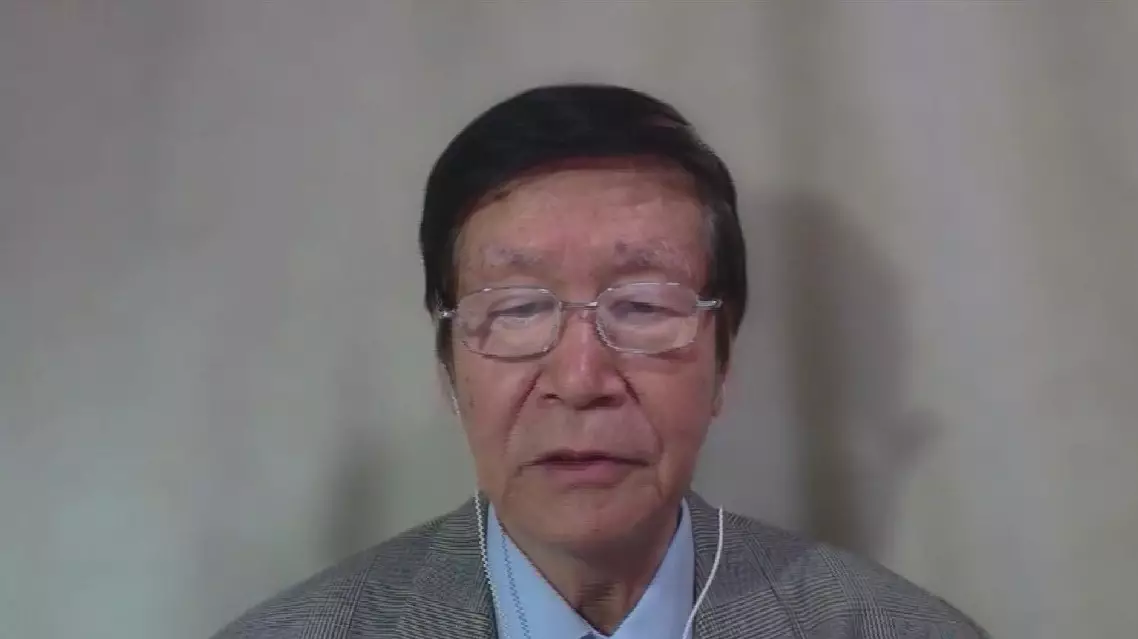
Chinas latest price index numbers fall within expectations: economist


